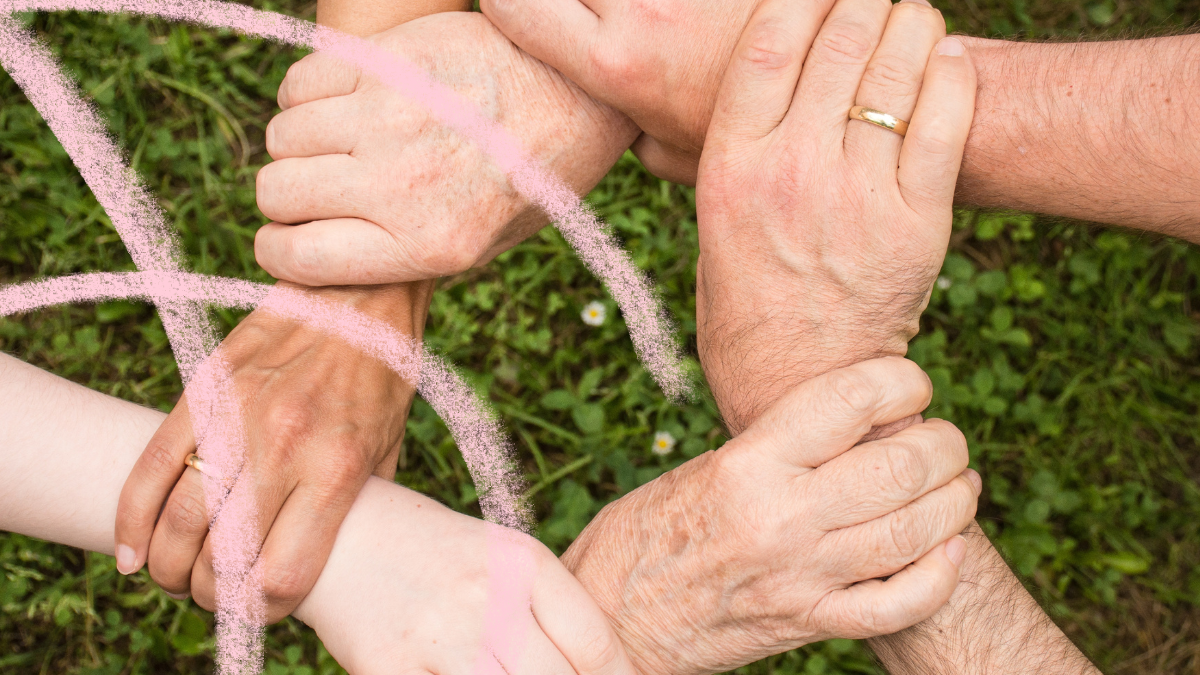Recently, the news has been filled with stories of loss and tragedy—whether through natural disasters, conflicts, or the passing of beloved public figures. This increased focus on death and grief can take a toll on all of us, regardless of whether we are personally affected. The constant exposure to these painful realities can weigh heavily on our hearts, reminding us of our own vulnerabilities. It’s only natural for such news to stir up strong emotions, even for those who might be indirectly affected.
Loss, in any form, is a deeply human and personal experience. Whether it brings back memories of personal grief or simply touches our compassion for others, it’s important to recognise how these feelings may influence our mental and emotional wellbeing. At times like these, caring for ourselves—and for each other—is really important.
- Acknowledge your feelings: It’s okay to feel sadness, anxiety, or even anger when confronted with loss, whether it’s personal or not. Don’t suppress these emotions; instead, recognise them and allow yourself to process them.
- Take breaks from the news and social media: Constant exposure to difficult news can be overwhelming. Consider taking breaks when you feel emotionally drained. Disconnecting doesn’t mean you don’t care—it’s a necessary step to protect your own mental health and wellbeing.
- Talk about what you’re feeling: Opening up to someone you trust about how the news is affecting you can offer relief. Whether it’s a friend, family member, or counsellor, sharing your emotions helps to lighten the burden and reminds you that you don’t have to face it alone.
- Practice gentle self-care: Take time to care for yourself in ways that feel nurturing. This might mean engaging in activities that bring you comfort—such as reading, walking in nature, or spending time with loved ones. Simple acts of self-care can be a reminder that it’s okay to step away from the heaviness of grief for a while.
- Create space for grief: If you’re dealing with personal loss, find a way to honor those emotions. Sometimes, lighting a candle, writing in a journal, or even sitting quietly with your thoughts can be powerful acts of remembrance. Grief doesn’t follow a timeline, so be kind to yourself as you move through it.
- Reach out for support: If your emotions feel overwhelming or unmanageable, it’s okay to seek professional support. Therapists and counsellors are trained to help navigate the complexities of grief and can provide a safe space to explore your feelings. You can find a list of useful contacts here.
- Be present in the moment: Mindfulness can be a powerful tool during times of emotional strain. Practicing being fully present—whether through meditation, deep breathing, or simply observing your surroundings—can help ground you and provide relief from the constant barrage of upsetting news.
The world can feel heavy at times, especially when we’re surrounded by so much news of loss and sadness. Remember that it’s okay to take time for yourself, to grieve in your own way, and to reach out for support when you need it. Compassion—both for yourself and others—is key during these moments.
If you need support, we’re here.



